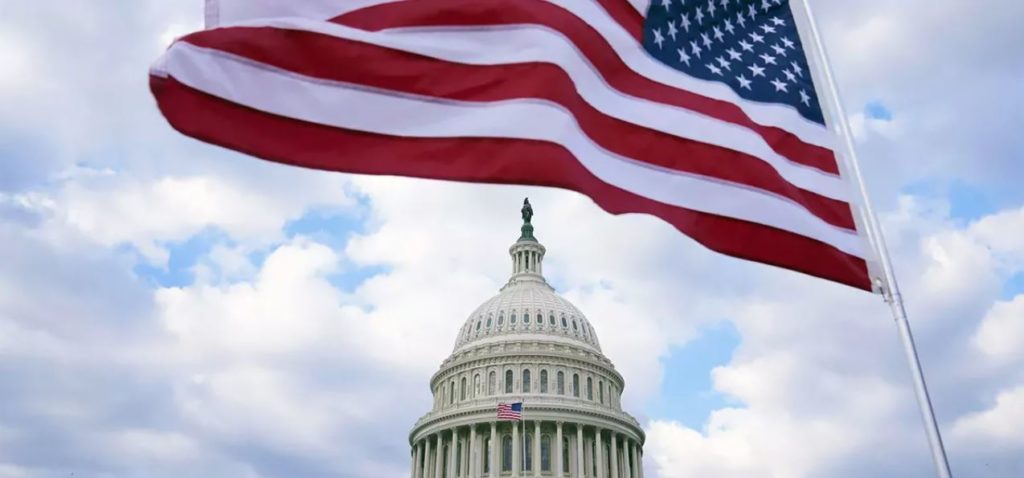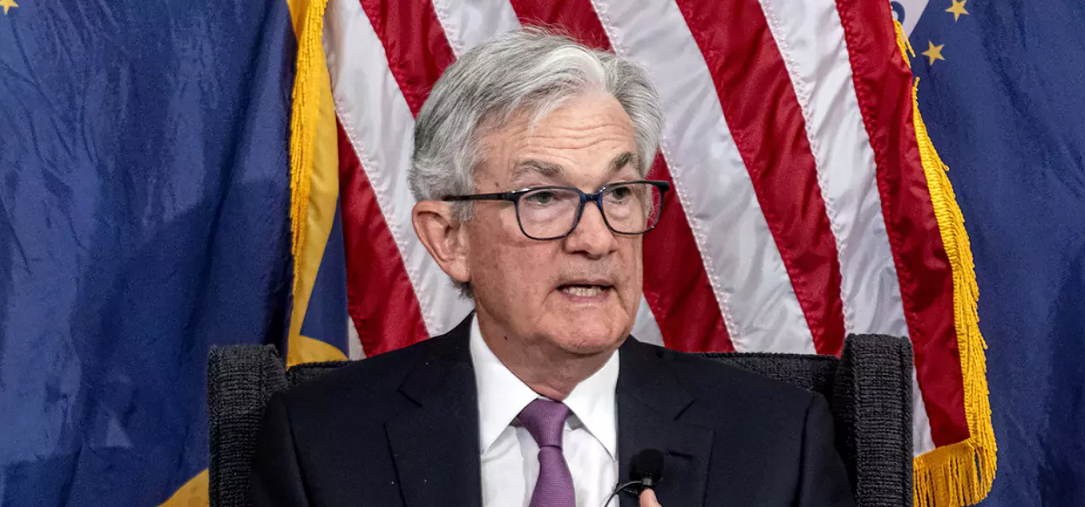
François Christen
Chief Economist
Evidence of persistent inflationary pressures in the US is pushing government bond yields higher.
Original article published in French on agefi.com

The eagerly awaited inflation figures published last week in the United States came in higher than expected for the third consecutive month. Excluding energy and food, the consumer price index rose by 0.4% in March, as in January and February. Year-on-year “underlying” inflation stood at 3.8%, as in the previous month. Inflation remains buoyant in services, with the supercore index (services excluding energy and housing) posting an annualised rise of 8.2% in the first quarter. Producer prices, on the other hand, showed a moderate increase (0.2% monthly, 2.1% year-on-year), consistent with a disinflation scenario.
The buoyant growth in retail sales in March (0.7% after 0.9% in February) once again defies forecasts of a moderation in private consumption, which was supposed to result from the exhaustion of the surplus savings accumulated during the Covid-19 pandemic.
The persistence of inflation calls into serious question the path of interest rates and the projections unveiled by the FOMC on 20 March. Faced with a tight labour market, central bankers have no reason to cut interest rates while inflation continues to move well above the 2% target. Futures relating to the Fed Funds rate now point to just two interest rate cuts between now and the end of the year, a long way from the fanciful scenario that prevailed in December (seven interest rate cuts and a first move in March).
On the bond market, the situation has been revised in the light of numerous indicators showing that the US economy is continuing to expand robustly and that the battle against inflation has not yet been won. Still on the rise, the yield on the 10-year T-Note has bounced back to around 4.6%, while that on the 2-year T-Note is close to 5%.
In Europe, the ECB Governing Council kept its key interest rates unchanged, in line with expectations. The statement and remarks by Christine Lagarde still suggest the possibility of an initial rate cut on 6 June, albeit in very cautious terms and without the slightest pre-commitment as to the path of interest rates. However, a further fall in inflation in the eurozone should encourage the ECB not to wait for the Federal Reserve to set a less restrictive monetary course and stimulate a stagnant economy. On the euro capital market, government bonds are showing steady yields, under the contradictory effects of persistent inflation in the USA and escalating tensions between Israel and Iran.
Outside the eurozone, Swiss franc yields fell slightly, unlike sterling yields, which continued to increase under the influence of the USA. Credit risk premiums have widened, but remain well below the levels seen at the start of the year. In line with the equity market, corporate bonds continue to be priced in anticipation of a soft landing, which remains uncertain.








